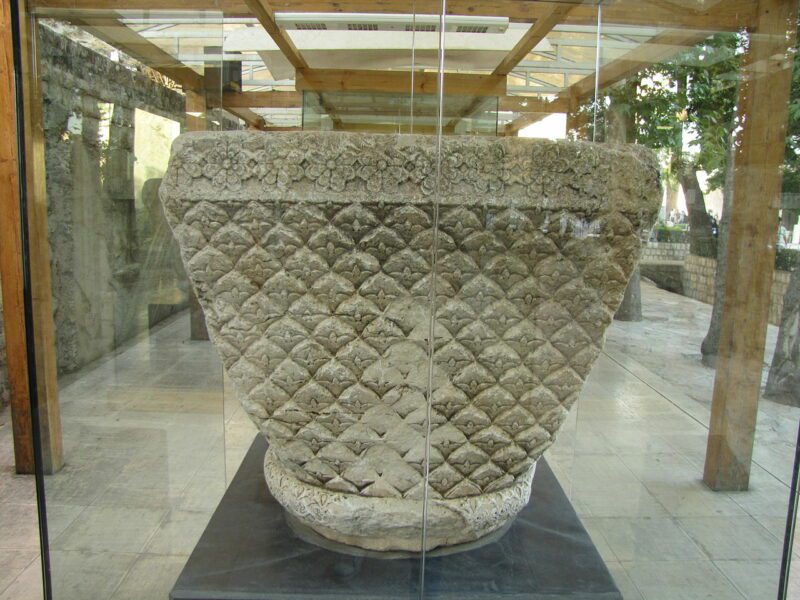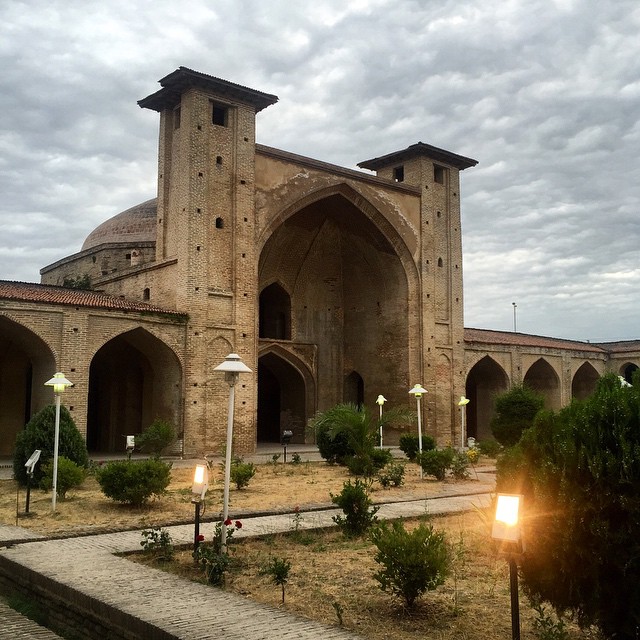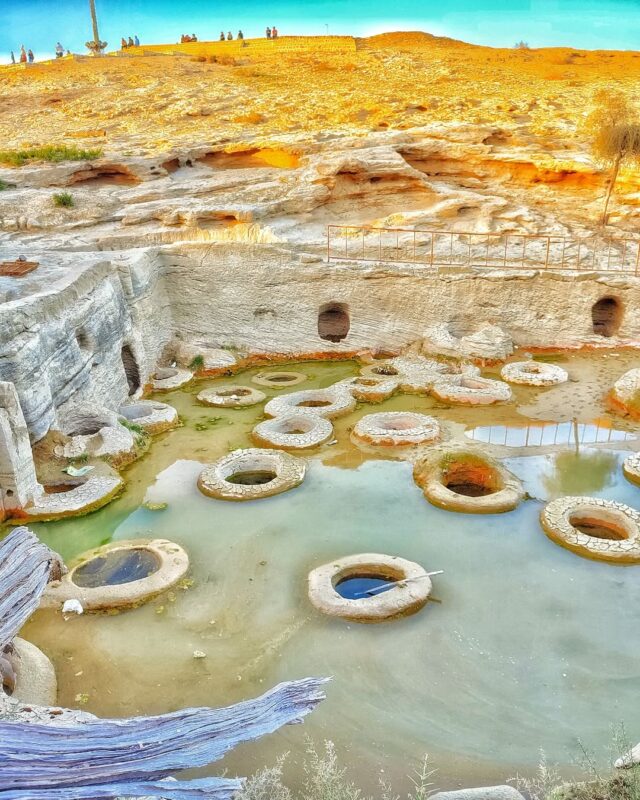Bagh Nagaristan: a gem of history in the heart of Tehran
Bagh Nagaristan is like a painting of colors and history. Walking in this beautiful garden brings a feeling of peace and wonder. In every corner of the garden, there are stories from the past, from the glory of the Qajar era to the dynamism and creativity of the present day.
Passage in history:
Bagh Nagaristan was built in 1222 A.H. by the order of Fath Ali Shah Qajar, a tasteful and artistic king. This garden was originally used as the king’s summer residence and the venue for celebrations and official ceremonies. At that time, Bagh Nagaristan shone as a gem in the heart of Tehran and was famous for its beauty and splendor.
Architecture:
The architecture of Bagh Nagaristan is a combination of Iranian and European art. The garden mansions are built with elegance and precision and are decorated with beautiful paintings, tiling, and stucco. Delgosha and Qalamdan halls, Hozkhaneh, library, and galleries, each one is a masterpiece of architecture and art.
Delgosha Hall:
Delgosha Hall, with its grandeur, seems to narrate stories from the Qajar era. With frescoes, delicate mirror work, and exquisite carpets, this hall was a place to receive foreign guests and government officials.
Qalamdan Hall:
Kalmadan Hall, with its unique paintings, opens a window to the world of art and creativity. The paintings in this hall, created by prominent Iranian artists, depict images of princes, courtiers, and historical events.
Pool:
Bagh Nagaristan pond, with a cool and calm atmosphere, was a place to relax and have fun. This pond with beautiful tiling and a pond in the middle provided a pleasant atmosphere for spending leisure time.
Library:
Bagh Nagaristan Library was one of the largest libraries in Iran at its time. This library housed an exquisite collection of books and manuscripts and was a place of reference for scholars and intellectuals.
Gallery:
Bagh Nagaristan Gallery was a place to display artistic and creative works. In this gallery, paintings, sculptures, and exquisite objects were displayed and brought artists and art lovers together.
Nagaristan garden over time:
Bagh Nagaristan has gone through many ups and downs throughout history. During the Pahlavi period, this garden was used as a high school and then as the faculty of literature of Tehran University. In recent years, Bagh Nagaristan has been renovated and restored as a museum and has been reopened to the public.
Today:
Today, Bagh Nagaristan is a living museum, welcoming tourists and history and art enthusiasts. Objects and documents related to the history of Iran are displayed in this museum. Visitors can stroll through this beautiful garden, visit halls and galleries, and travel back in time.
Bagh Nagaristan is not just a garden, but a valuable cultural and historical place. This garden is a reminder of the glory of the Qajar era, Iranian creativity and art, and the importance of preserving and protecting cultural heritage.
Bagh Nagaristan




Join The Discussion